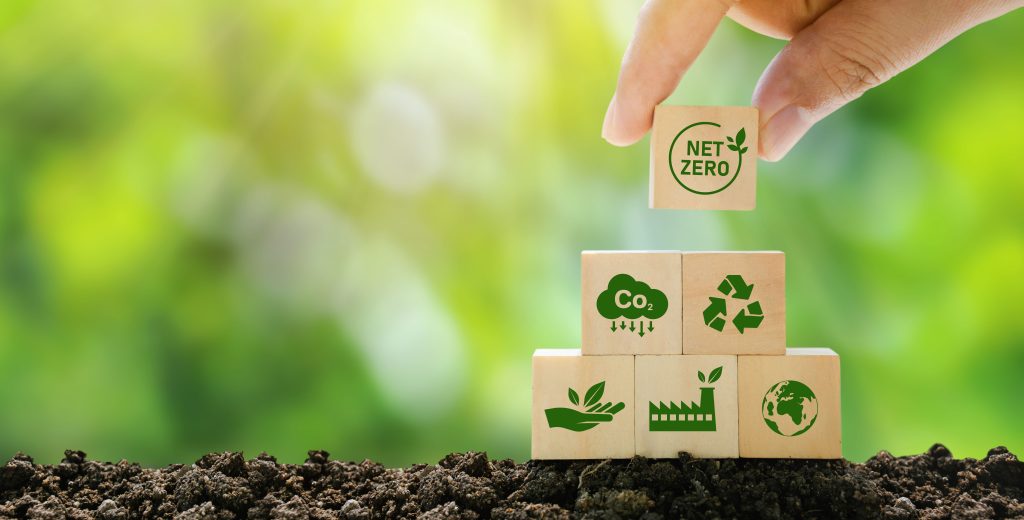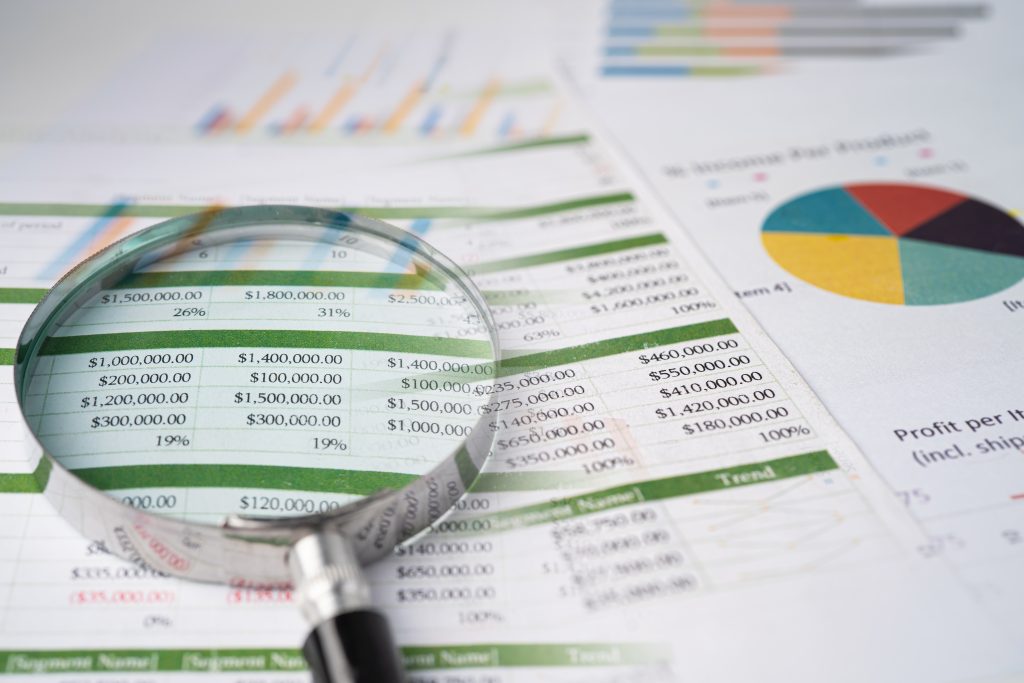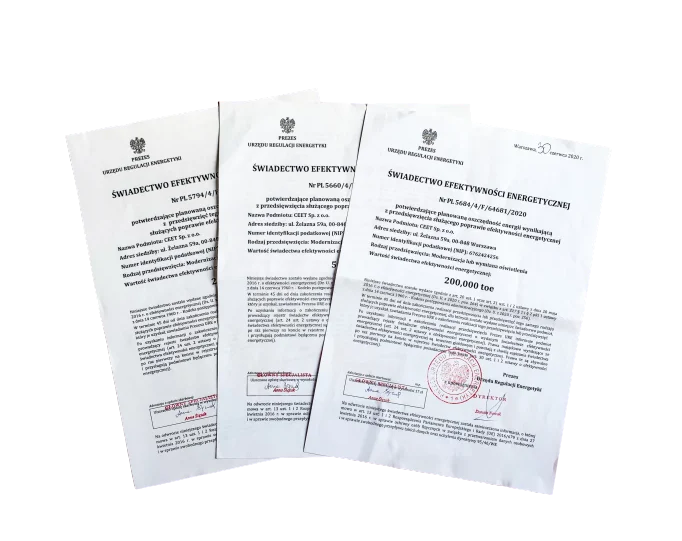
Energy Audit and Cogeneration Optimization: The Key to Efficiency and White Certificates

Cogeneration optimization: Key factors and results of an energy audit
In the CHP audit itself, we look at the current consumption of electricity and heat, we look at the availability of gas (GZ 50, LPG), at the site, at the possibility of replacing the thermal energy used so far, with heat from CHP, at the possibility of using electricity. As a result of the Audit, we say what is the optimal size of CHP to maximize the use of energy from it, and what, if any, upgrades need to be made to use more heat, for example – because CHP itself makes sense if you use the heat from it.
A CHP audit is important if:
- you are before deciding to install CHP,
- you want to make sure that CHP is the optimal solution,
- you are unsure of the optimal power output of the CHP,
- you want to increase the use of energy, obtained from cogeneration.
The result of a properly selected cogenerator after an audit, is to achieve a cogeneration efficiency of at least 75%. Obtaining such efficiency is a guarantee of obtaining a cogeneration bonus of PLN 181.53 (*).
(*) Regulation of the Minister of Climate and Environment:
https://isap.sejm.gov.pl/isap.nsf/download.xsp/WDU20220002228/O/D20222228.pdf

Importance of an energy audit for businesses
Every large enterprise should carry out an energy audit in accordance with the provisions of the Act of 20 May 2016 on energy efficiency (Journal of Laws 2016, item 831 as amended), and in accordance with the PN-EN 16247 standard. The purpose of the audit is to identify technological, energy, electricity processes whose modernization will result in savings in utility consumption. It is also a study that allows for funding from external sources, including EU and national funds.
Scope of the company energy audit:
- a visit to the company’s premises to collect the data necessary for the energy audit,
- determination of the total consumption of energy utilities (electricity, heat, process cooling, natural gas, etc.),
- performing an energy audit of the company (electricity, heat, process cooling, natural gas, etc.),
- analysis of invoices and energy tariffs applicable to the company,
- identification and evaluation of potential energy savings in the company’s processes (analyses of the possibility to use renewable energy sources, waste energy, cogeneration, optimisation of production processes, possibility to use more energy-efficient equipment) in the context of existing legal regulations,
- indication of an optimal solution and energy effects, indicating approximate costs and a simple payback time for the proposed investment,
- indication of funding opportunities for energy efficiency measures.

Energy efficiency audit, the so-called White Certificate
This is a system of financial support for investments improving the energy efficiency of a company and saving energy.
Scope of service:.
- Development of the required energy efficiency audit,
- development of the application for an energy efficiency certificate,
- assistance with the drafting of post-project documentation,
- provision of consultancy services during the proceedings before the Energy Regulatory Authority at each stage.
Examples of projects: – Energy efficiency in industrial processes, energy efficiency in the production and distribution of heat and power.
- heat energy recovery in industrial processes,
- thermo-modernisation,
- modernisation and replacement of industrial equipment
- modernisation of cooling and heating systems,
- replacing lighting with energy-efficient lighting,
- installation of energy recovery systems.

